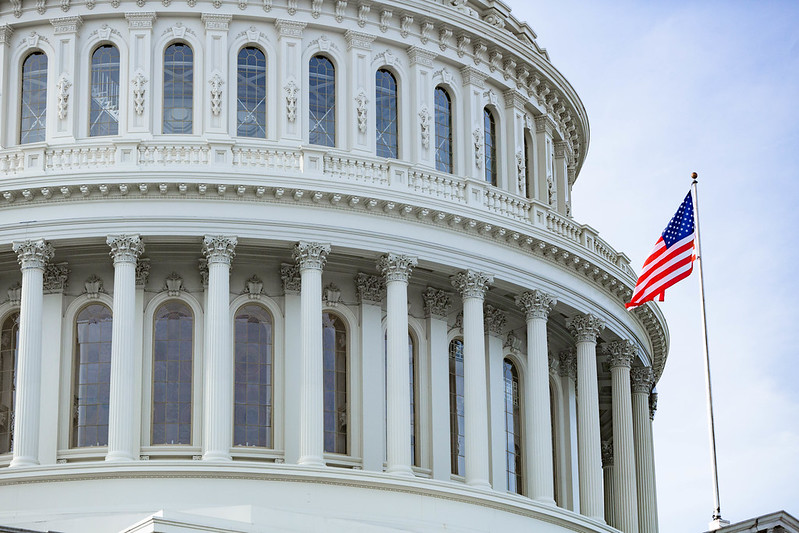 POLICY
POLICY
 POLICY
POLICY
 POLICY
POLICY
Lawmakers in the House of Representatives have introduced a bill today that would force social media giants to offer a variation of their platforms that don’t come with algorithms that shape the content users see.
The bill, called the “Filter Bubble Transparency Act,” is aimed at curbing the use of what the lawmakers said are “opaque” algorithms, meaning those that filter and suggest content to users without those people providing any specific information. In the case of content algorithmically restricted by age, there will be an exception.
What the bill does want to address is the use of algorithms that provide content to people based on their browsing habits, something that has been part of the business model for companies such as Meta Platforms Inc.-owned Facebook and Google LLC-owned YouTube for some time.
Such algorithms can create echo chambers, argue the lawmakers, and they think people deserve an option to be released from such airtight environments. They believe such environments can foment extreme views, become addictive and violate a person’s privacy.
“Facebook and other dominant platforms manipulate their users through opaque algorithms that prioritize growth and profit over everything else,” Republican David Cicilline said in a statement. “Due to these platforms’ monopoly power and dominance, users are stuck with few alternatives to this exploitative business model, whether it is in their social media feed, on paid advertisements, or in their search result.”
The bill seems to take aim mostly at Facebook, a company that was roundly criticized for its alleged part in the attack on the U.S. Capitol. Facebook later denied that its algorithms were a problem, but still went on to offer users a version of the platform in which the News Feed content was based on chronology rather than bespoke content.
The company said it would expand its “Why am I seeing this?” feature as well as an option to hide content that users find “irrelevant, problematic or irritating.” In other words, people already have a fair bit of control. With that in mind, there’s every chance this bill won’t get off the ground, although social media companies may still give users more control over what they see.
THANK YOU